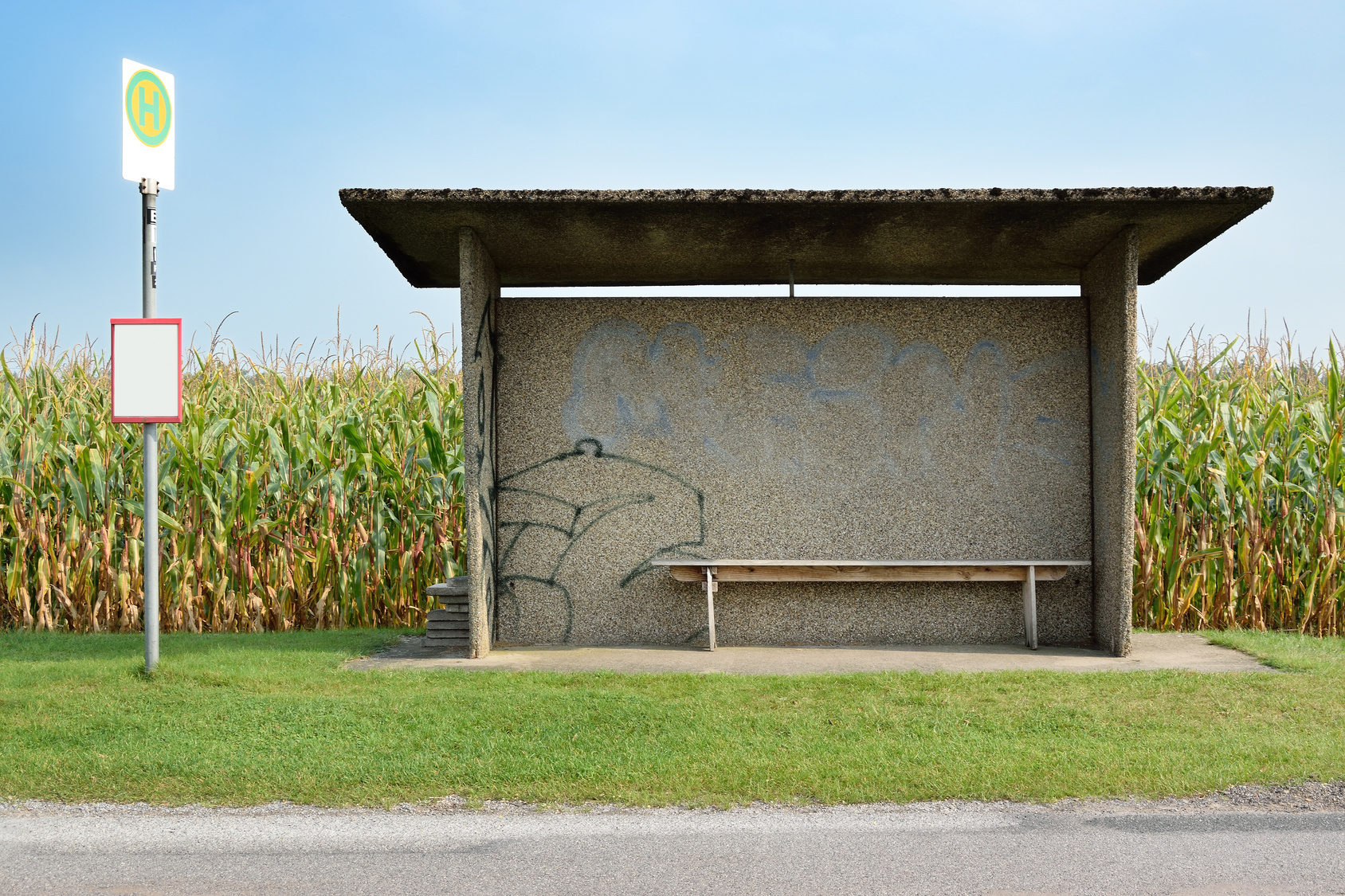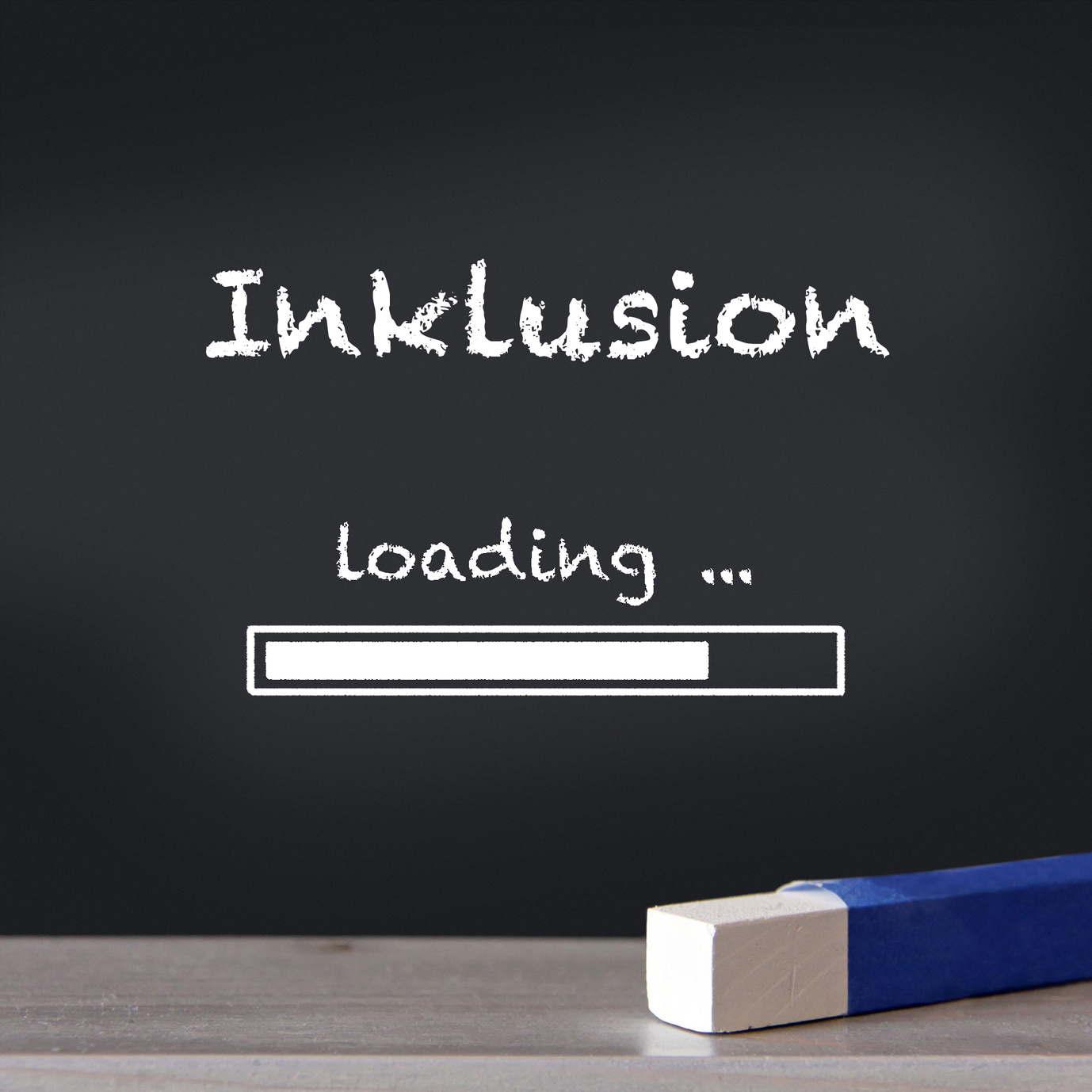Short description
The integration of migrants presents new challenges to cities, municipalities, and countries. To enable the social participation of migrants, effective integration strategies are needed. In addition to learning the language, independent and flexible mobility is a key component in order to carry out administrative tasks, to pursue training courses and to take advantage of leisure activities. Tickets for public transport with reduced prices, bicycle courses or the opportunity to obtain a driving licence are first and important approaches to integrate migrants into social life. However, these approaches do not solve the problems for those who are accommodated in the outskirts or peripheral locations.
First of all, basic research is needed to provide insights into how mobility takes place in everyday life of migrants and to identify possible restrictions on future solutions. The mobility behaviour and needs of migrants are largely unexplored. The study of this new research field and the cooperation with people from different linguistic and cultural backgrounds makes the development of new analytical methods necessary.
The research project "Short-range mobility for migrants as part of a successful integration strategy - a need analysis for the Rhine-Main area" is part of the HOLM innovation promotion program. The project is carried out together with the Rhein-Main-Verkehrsverbund (RMV), Asyl-Alsbach-Hähnlein e.V., the municipal administration of Oberursel (Taunus) and Wiesbaden, represented by the Office for Social Affairs in conjunction with the Office for Funding and Refugees as associated partners, and is supported by the House of Logistics and Mobility (HOLM).
The focus of the project is an analysis on the everyday mobility behaviour of migrants in the Rhine-Main area. In order to meet the complexity of the topic and to ensure unpredicted research results, an explorative approach is selected on the basis of qualitative and quantitative surveys. In a qualitative survey, the challenges on the basis of the experience of the interview partners with the everyday mobility of migrants are determined. The workshops and interviews are conducted with stakeholders and experts from the area of public transport planning as well as active work with migrants (for example through integration work). Due to their expertise and experience, the associated partners are of central importance from different perspectives.
In a quantitative survey, migrants are questioned about their mobility behaviour. Based on the data-oriented analysis of the mobility behaviour of migrants, solutions are developed that enable independent and flexible mobility and thus ease social participation. The project makes a first contribution to the question of the mobility needs of migrants in everyday life.
Milestones:
In addition to the workshop a questionnaire was created. The main part of the questionnaire is dedicated to gather information about the awareness of available mobility offers in the Rhine-Main region as well as existing problems and barriers concerning different modes of transport. Click here to download.
Workshop I “Pits and downfalls of current measures to promote the mobility of migrants” on the 27th of April 2017
Workshop II “Experiences with the everyday mobility of migrants - behaviour, trip purposes, means of transport, accessibility, user groups” on the 9th on May 2017
Workshop III “Validation of the recommendations and suggested measures for the improvement of the mobility of migrants” Date will be announced
In case you are interested in taking part at the workshop, you are very welcome to contact the project lead.
Kick-off: 03.02.2017, House of Logistics and Mobility in Frankfurt am Main
Project duration: February 2017 – end of 2017
Project lead: Isabella Geis, Fraunhofer IML
 Fraunhofer Institute for Material Flow and Logistics IML
Fraunhofer Institute for Material Flow and Logistics IML
